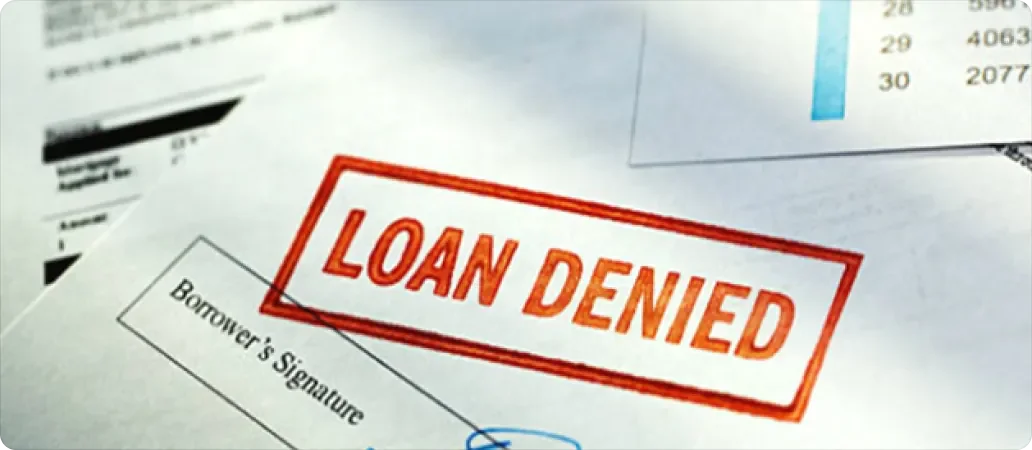How to Fund Business Expansion Costs
If you’re witnessing steady business growth and want to expand, then you should budget for the costs involved in the process. Too many enterprises neglect the costs of expansion, no matter how gradual it is, and end up falling into a major financial crunch later on. To avoid the same, you should have a well thought-out plan that helps you fund expansion costs smoothly. This article tells you about the kind of costs involved, whether you are ready to expand, and also how to take the personal loan apply online route towards securing the necessary funds.
When Do You Have to Expand Your Business?
When is the right time to expand your business? This is something that you should be careful about, in order to avoid jumping the gun too soon. Here are some signs that will help you decide.
1. Your business is consistently profitable - You should first evaluate your profit by deducting your expenditure from the gross income of the business and also taxation and other charges. This will give you an idea of your net profit and whether you are consistently posting the same over a sustained duration.
2. You have built a steady and significant base of customers - Another metric that will help you decide on expansion is whether you have already built up a steady and large customer base. Customers indicate the health of any business and in case you have new and returning customers coming in sizable numbers, you will know that your service/product has consistent demand.
3. You are unable to service demand fully - This is a basic indicator where there is high demand and more customers for your service/product, but you are unable to meet the same due to limitations on infrastructure, capacity, and resources.
4. Expansion is backed by steady market research and insights - If you’ve done your homework well, then you will naturally have insights based on market research pertaining to your expansion. You can always test your future strategies before implementing them. In case market research backs expansion and the introduction of more product/services/locations, then it is well worth it.
5. You have to grow your skill-sets - Small businesses often find it hard to scale up swiftly in terms of building and diversifying their skill-sets. You will soon require more resources and skilled personnel to scale up and grow your business without having a smaller number of people (including yourself) doing all the heavy-lifting.
6. Customers want more - This is another favorable indicator that your business is ready for expansion. You will often receive sustained feedback on customers desiring your brand in newer locations and in more formats, for example. This makes a strong case for business expansion.
Types of Costs Involved in Business Expansion
Here are some of the general costs that are usually involved in business expansion, depending on your individual circumstances and business stage.
• Acquisition/leasing of new commercial property and/or production units, warehouses, logistics facilities, stores, and the like
• Hiring of more manpower across departments to meet demand
• Setting up newer locations for your business with dedicated personnel for the same
Investing in higher inventory
• Advertising, marketing, and branding campaigns related to business expansion
• Making provisions for smooth working capital in order to free up other resources for expansion
• Investing in new equipment, technology, vehicles, etc.
How to Use a Personal Loan to Cover Business Expansion
You do not have to dip into your own funds and break investments to raise money for expansion. As an entrepreneur, make sure you keep your own financial safety net undisturbed as much as possible. You can simply apply for instant personal loans to cover the costs of business expansion. This will help you get funds swiftly without going through lengthy and complicated paperwork and formalities like other types of business loans.
You can simply apply online at your lender’s website by filling up the form and uploading your documents like your address and identity proof along with your income proof (bank statements, income tax returns, and so on). Self-employed professionals may usually require some other documents like the audited company financials, profit and loss statements, and company income tax returns. You will also have to provide the company PAN and address details in many cases. The lender will verify your application and sanction the loan quickly, after which it will be disbursed to your account.
Of course, make sure you compare interest rates across multiple lenders along with their terms and conditions before applying. Make sure you have a good credit score and adequate repayment ability for the loan. Also go through the loan document carefully to find out more about the fees and charges and other conditions. Choose your tenure conveniently in order to smoothly repay your EMI minus any hassles. Avoid applying for more than you can afford or need in this case as well. The best part is that these are unsecured loans where you do not have to put any collateral or business assets on the line.
Conclusion
As you can see, a personal loan is a helpful option for small businesses and entrepreneurs who are looking to expand their enterprises. It helps you quickly raise funds to build inventory, scale up operations, or even take advantage of new opportunities in your industry. Of course, have a steady repayment plan in place before you apply in order to avoid future defaults and hassles.
FAQs
1. What is a personal loan?
A personal loan is an unsecured loan that does not require any collateral/security. You can use it for any purpose including business expansion, home renovations, medical emergencies, buying appliances or gadgets, covering higher education costs, travel expenses, and so on.
2. Can I get a personal loan for high amounts?
In most cases, banks usually offer personal loans up to Rs. 5-10 lakh, depending on their policies. You can get higher amounts if the bank allows for the same in this category and also if you are eligible in terms of your income and other factors.
3. Can I use a personal loan for buying a commercial vehicle?
Yes, you can use a personal loan for any purpose without any limitations. You can use these funds to invest in a commercial vehicle to grow your business.



